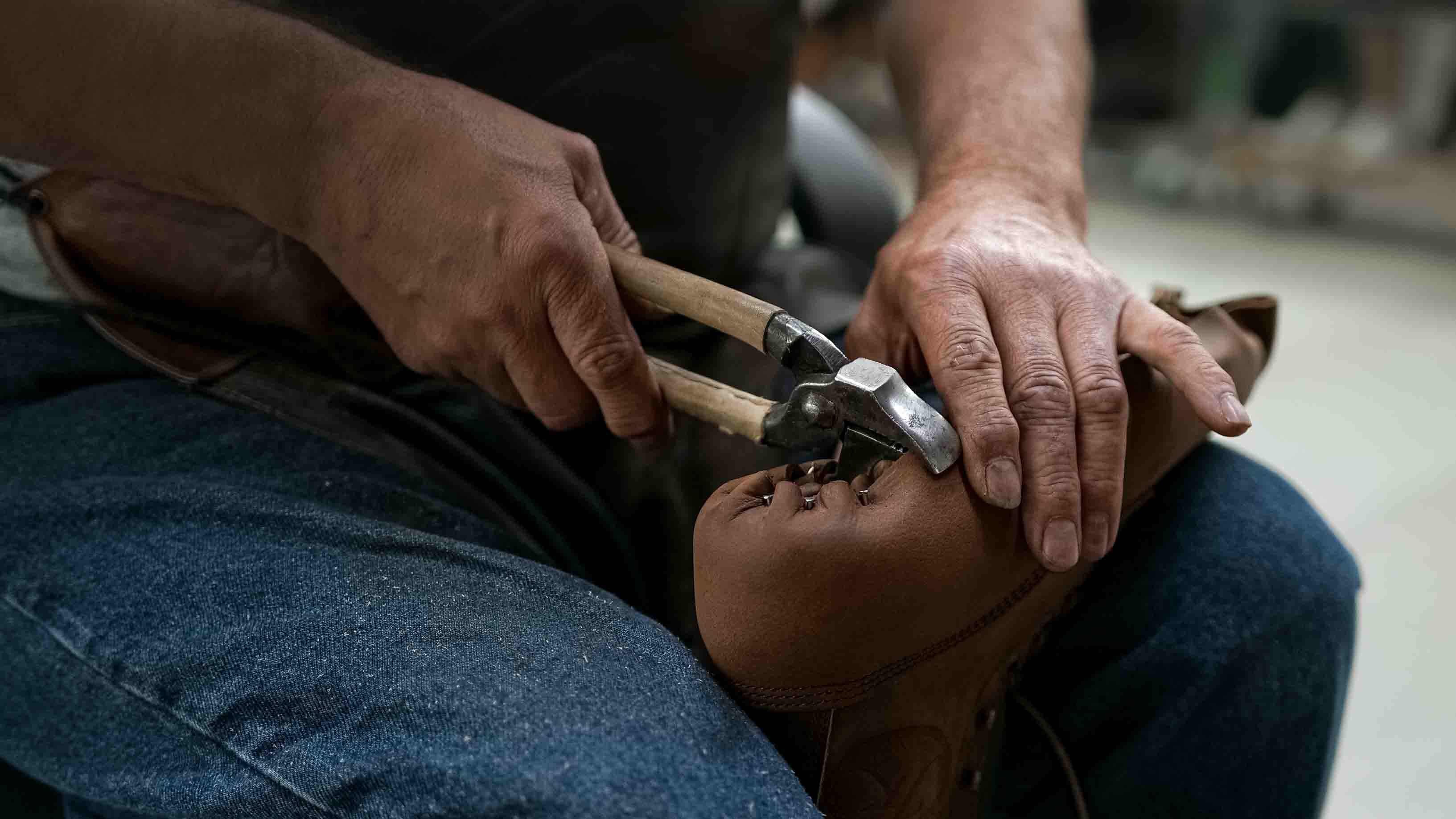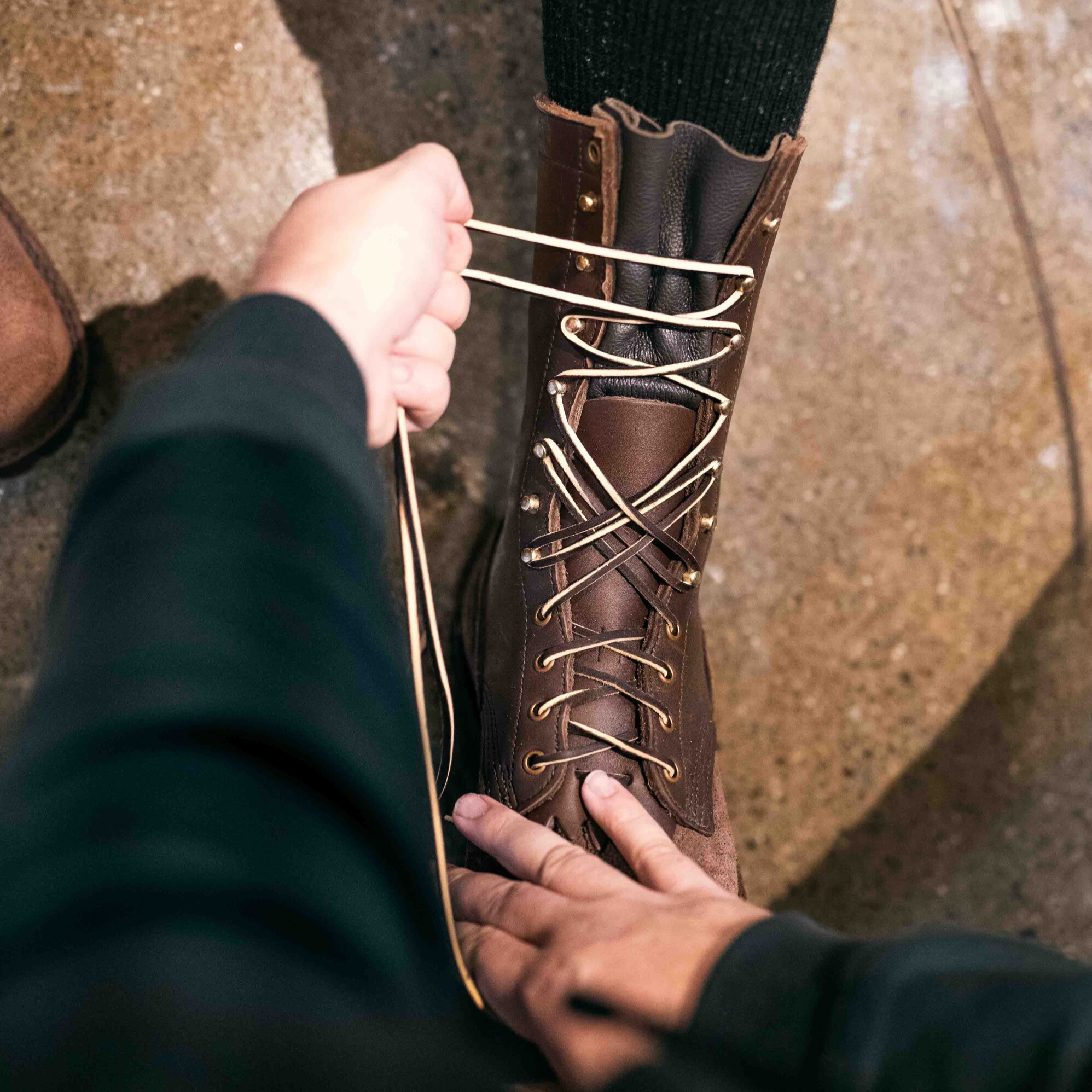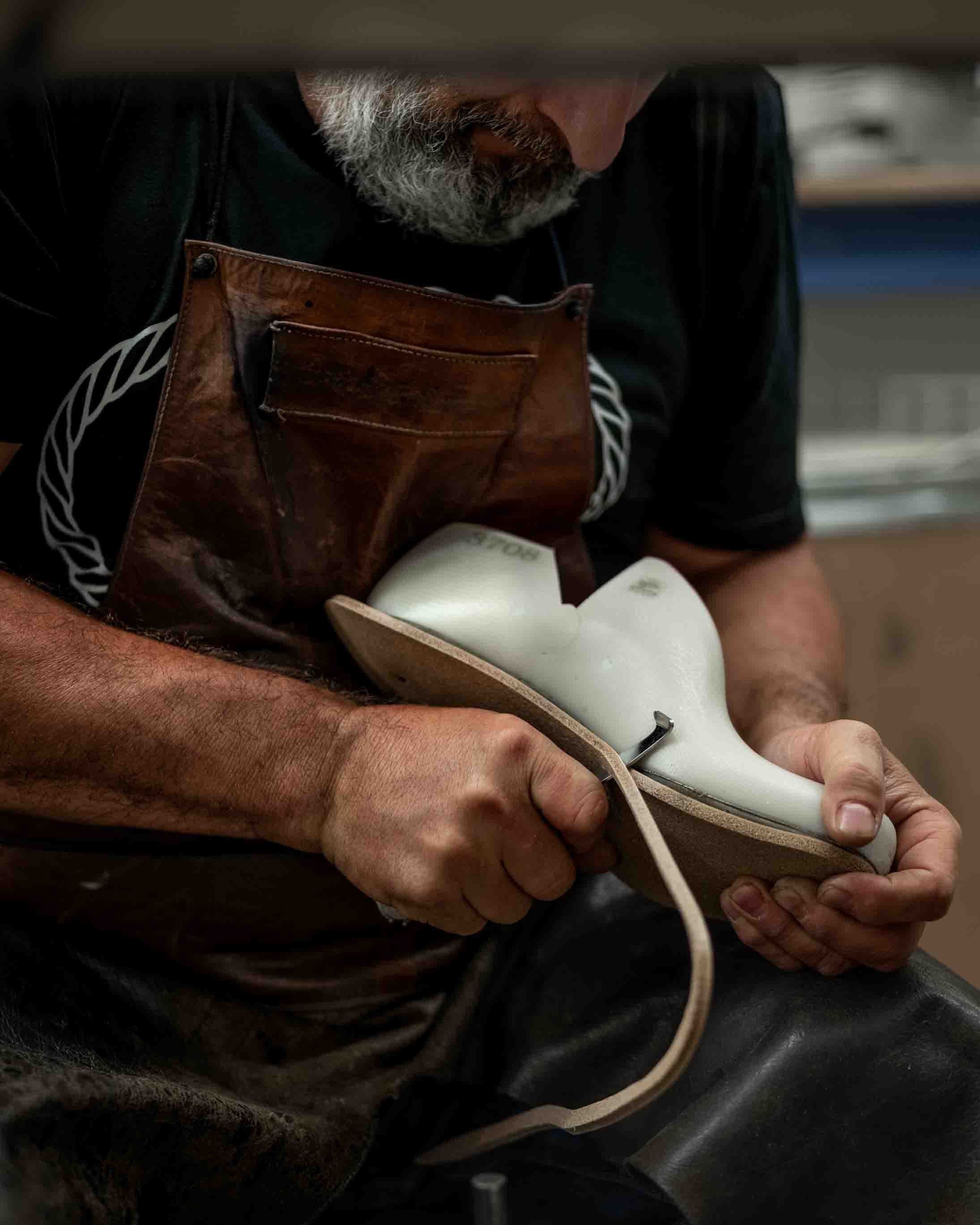Can You Write Off Your Work Boots?
Yes, work boots can be tax deductible if they are explicitly required by your employer or business for safety or regulatory reasons and are primarily used exclusively for work-related purposes.

Work Boots as a Requirement
In various industries, federal regulations, often governed by bodies like OSHA, mandate the use of protective gear, including specialized work boots. The regulations encompass scenarios where hazards, such as the risk of electrical shock or stepping on a nail, are present.
However, the mere existence of these regulations does not automatically translate into a tax deduction.
To claim a tax deduction for your work boots, it's essential that your employer explicitly demands the use of specific boots for your job. Your employer should have a policy or requirement stating that certain work boots are obligatory to perform tasks safely on their premises.

The Exclusivity Factor
The IRS, through Section 179 deductions outlined in Publication 946, outlines certain criteria for business expenses that can be deducted. To be eligible for deduction, an item must:
- Have a useful life of over one year, categorizing it as a non-consumable.
- Not be intended for personal use, or be solely or primarily dedicated to business purposes.
For work boots, this translates to a clear demarcation: they must be exclusively for work-related purposes. If you find yourself wearing your work boots occasionally for non-work activities, such as gardening or casual outings, the IRS might prorate the deductible amount. If, for instance, 20% of your usage is personal, only 80% of the cost could be eligible for deduction.
The underlying principle is that items, including work boots, purchased for business endeavors must be reserved for those purposes and not serve dual roles.

Proving the Necessity of Work Boots if You Are Self-Employed
-
Job Description & Safety Protocols: Draft clear job descriptions and safety protocols emphasizing the need for work boots considering your work environment and potential hazards, aligned with industry or OSHA standards.
-
Industry Norms and Guidelines: Highlight industry norms dictating the importance of work boots, supported by relevant literature or studies.
-
Pictures and Videos: Use photos or videos to visually depict the necessity of work boots in your work environment, showing regular usage.
-
Testimonies: Secure testimonials from peers or clients, affirming the importance of work boots in your business setup.
-
Training and Certificates: Showcase any training or certificates emphasizing the role of protective footwear in safety.
-
Invoices and Receipts: Maintain a record of invoices and receipts as a testament to the regular and necessary use of work boots in your operations.

Maximizing Your Tax Deduction Potential
The bottom line: yes, you can indeed claim tax deductions for your work boots. To optimize this potential, remember these fundamental aspects:
- Employer Requirement: Ensure that your employer mandates the use of specific work boots for safety or regulatory reasons.
- Exclusive Usage: Deductibility hinges on the boots being primarily worn for work, without significant personal use.
- Proper Documentation: Keep meticulous records of your work-related expenses, including the cost of your work boots and any associated receipts.

Step into Savings
By adhering to these guidelines and staying well-informed about the IRS regulations, you can potentially offset your expenses by capitalizing on the tax deductibility of your essential work boots.
While claiming a tax deduction for work boots might not be a walk in the park, it's certainly feasible. Remember that each individual's circumstances can vary, and seeking professional advice from a tax expert can provide further clarity and tailored insights into your specific situation.
Disclaimer: This blog post is for informational purposes only and should not be considered as professional tax advice. Always consult with a tax expert or CPA to understand how the specific tax rules apply to your individual circumstances.











Yes … but for many of us we must first meet the standard deduction of $13,850. Then itemizing expenses like boots make sense under your well researched stipulations. Many of us without significant health care expenses, for instance, will be hard pressed to find itemization for over 13.8k each year. I find this write up fascinating thank you for posting this up.
Leave a comment